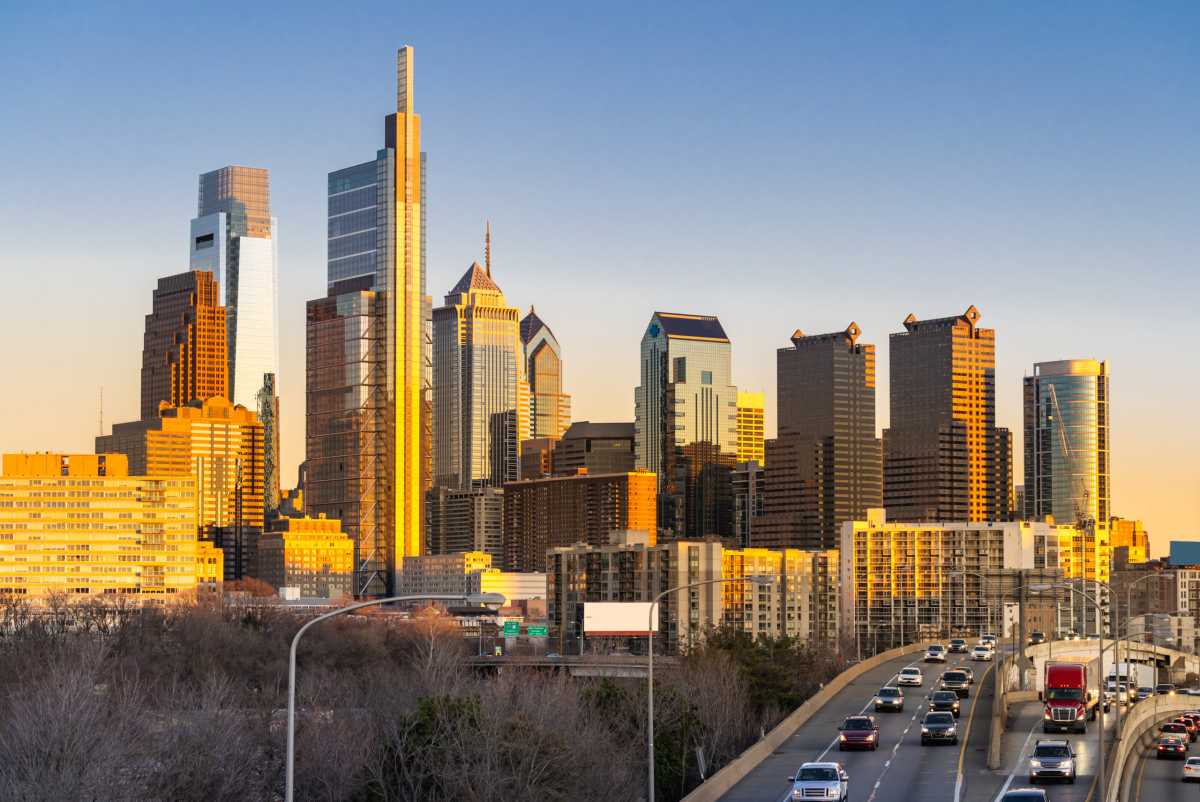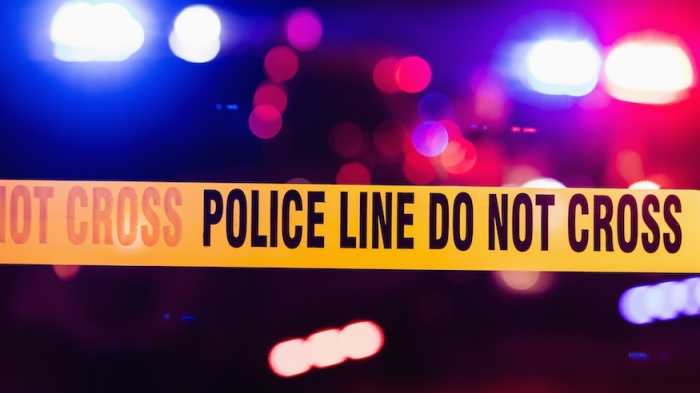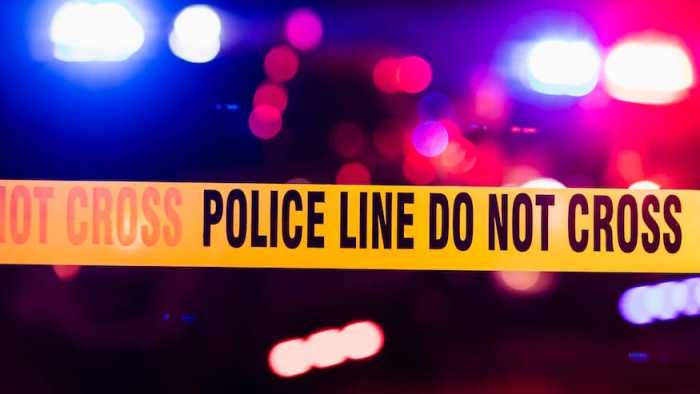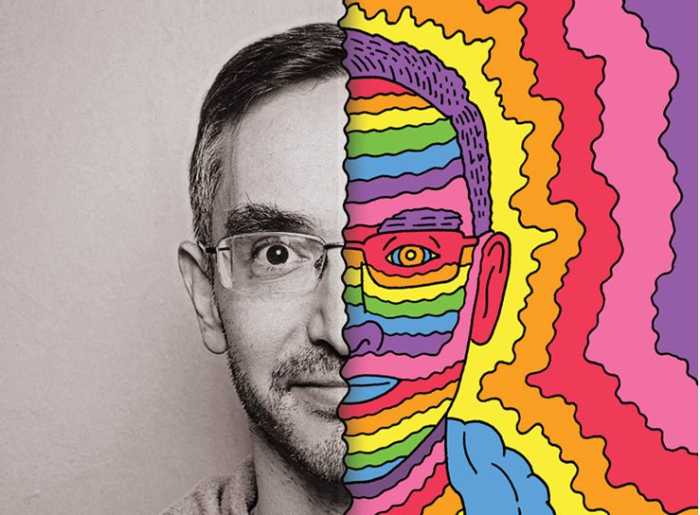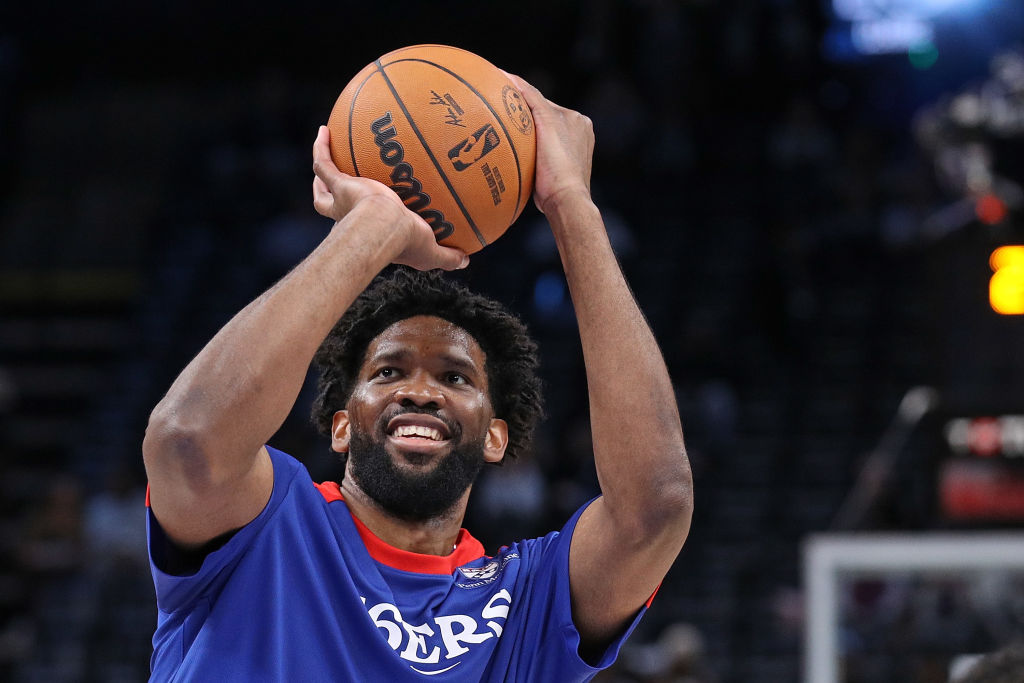Three out of every four West Philadelphians and nearly 90% of those living in North Philadelphia reported hearing gunshots in their neighborhood over the past year.
About 10% of residents said they had been the victim of a violent crime, such as a shooting, robbery or assault, in the past three years, and a third told researchers a close family member or friend had been victimized during that time period.
But the banner finding from survey results released last week by the Pew Charitable Trusts was that 70% of Philadelphians pointed to crime, public safety and drugs as the No. 1 issue facing the city.
No other response to the open-ended question cracked 10%, other than poverty and homelessness, which was the most pressing topic for 14% of respondents.
“It’s the highest number we’ve ever received for that question by far,” Pew senior manager Katie Martin, the report’s author, told Metro. “And it really did push out other major topic areas this year.”
When Pew conducted similar polls in 2020 and 2019, 41% of residents cited crime and public safety as the city’s biggest issue.
Homicide, shooting and carjacking rates have risen in recent years, and 562 people were killed in Philadelphia in 2021, the city’s highest recorded total.
Only 44% of residents in the latest survey reported feeling “completely” or “pretty” safe in their neighborhoods at night, the lowest number since Pew began asking the question in 2009.
The percentage dropped to 35% and 32% for Black and Hispanic Philadelphians, respectively. Two-thirds of white city-dwellers said they felt safe where they lived.
City Council, which recently began considering Mayor Jim Kenney’s spending plan for the next fiscal year, appears to be taking notice.
“Unless you are tone deaf in the City of Philadelphia, you know that public safety is the No. 1 issue in this budget process and on the minds of all Philadelphians,” Council Majority Leader Cherelle Parker said Wednesday during the body’s first budget hearing. She went on to mention the Pew report.
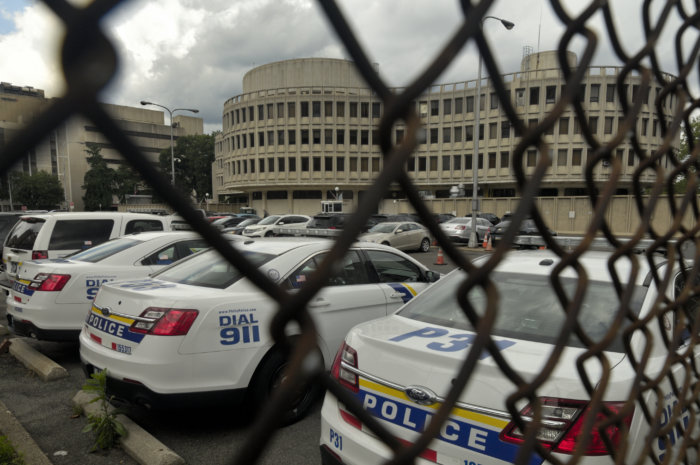
Parker recently called on the Kenney administration to fill 175 open police officer jobs and add another 125 positions, amid a manpower shortage and recruitment issues.
Just over 60% of residents believe the city needs more police, according to the Pew survey, up from 45% two years ago.
Nearly 70% of Black Philadelphians polled and 63% of Hispanics believe the PPD needs to boost its ranks, compared to 55% of white respondents.
People between the ages of 18 and 49, those who make more than $100,000 a year and residents with a college degree were most likely to say the department has enough or too many officers, according to the report.
In an attempt to widen its applicant pool, the city recently waived its requirement that police and correctional officer recruits live in Philadelphia for at least a year before being hired.
Legislation being shepherded by Councilmember Derek Green would carve out permanent exceptions to the residency rule and provide escalating bonuses, up to $10,000, for those who join the police academy.
About 60% of people who responded to the poll said they had a “great deal” or a “good amount” of respect for police, though a similar number had “just some” or “very little” confidence officers would treat Black and white residents equally.
Pew polled 1,541 adults during the month of January, and the wide-ranging, 56-question surveys were completed online and through the mail.
“We really use it as a way to learn more about experiences of living in the city,” Martin said.
In addition to gun violence, the report focused on the effects of the coronavirus pandemic and residents’ outlook on the city.
Among the major findings was that 54% of Black and 55% of Hispanic respondents said they knew someone who died from COVID-19, compared to 37% of white residents.
Though a high number reported getting vaccinated against COVID-19, only 36% of people with incomes of $30,000 a year or less reported getting a booster dose, compared to 79% of those making over $100,000, Martin said.
Only 20% of the people polled said Philadelphia had “stayed the same” or “gotten better” as a place to live since the pandemic began, while about 80% said the city has gotten “a lot worse” or “a little worse.”
More than six in 10 said Philadelphia is “on the wrong track,” the highest percentage since Pew began polling city residents 13 years ago.



